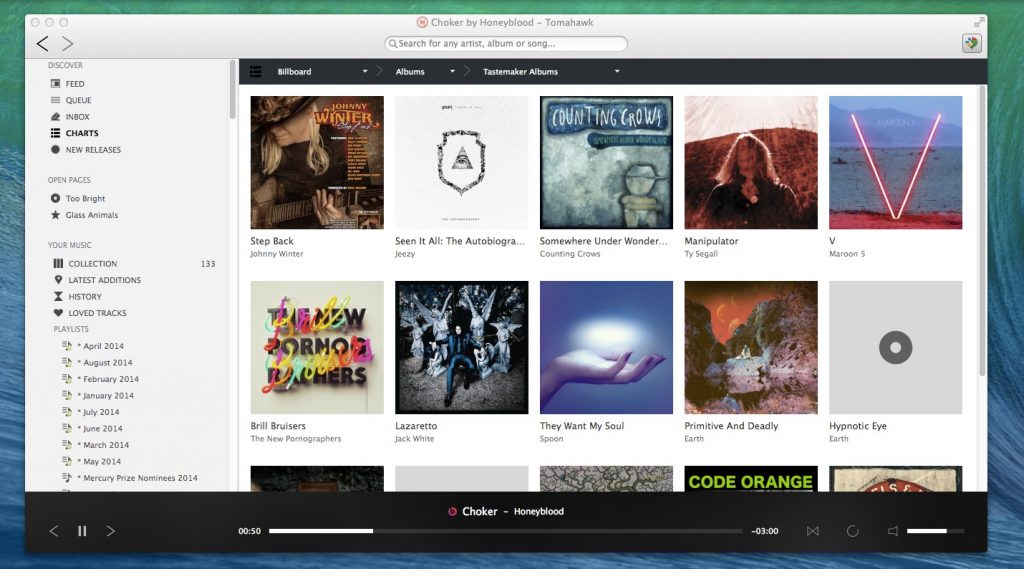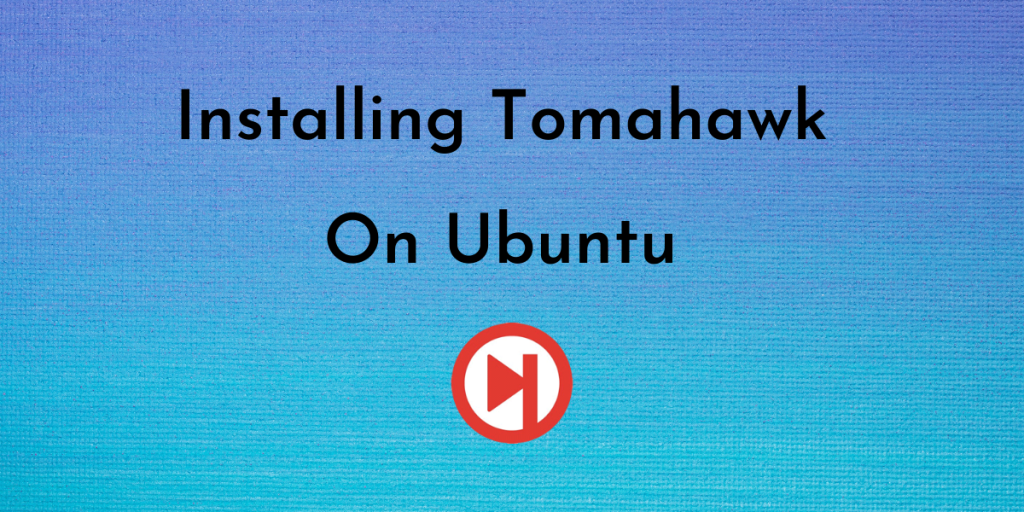In this article, we’ll learn how to install tomahawk on Debian-based distros like Ubuntu and Mint. Tomahawk is a free and open-source music player for Linux, Windows, and macOS. Apart from being visually stunning with its sleek minimal UI, it also supports multiple music sources.
That means that it can not only play your local files but also stream from services like Spotify, Beats, SoundCloud, Google Music, YouTube, Last.fm, Tidal, Deezer, and others. You can even connect with your friends’ Tomahawks, share your music and listen along with them.
Methods to Install Tomahawk on Ubuntu
You can install Tomahawk on Ubuntu and Mint using two methods. Here we take a look at both of them.
Method 1: Using package manager
Tomahawk has an official PPA that you can use to install the software. To do that execute the following apt commands.
sudo add-apt-repository ppa:tomahawk/ppa
sudo apt update
sudo apt install tomahawk
Method 2: Compiling from source
If the PPA method doesn’t work for you, you can always compile the software from the source.
To compile Tomahawk from the source, we first have to make sure that we download the dependencies. You can install all the dependencies required for this application by running the following command.
sudo apt install build-essential git subversion cmake libtag1c2a libtag1-dev libqt4-dev libqt4-sql-sqlite \
libphonon-dev libboost-dev libboost-thread-dev zlib1g-dev libgnutls-dev libz-dev \
libqjson-dev libattica-dev libqca2-dev libx11-dev pkg-config libqca2-plugin-ossl \
libfftw3-dev libsamplerate0-dev libgsasl7-dev libphononexperimental-dev libsparsehash-dev \
qtkeychain-dev libvlc-dev libvlccore-dev libboost-filesystem-dev libboost-iostreams-dev \
libssl-dev liblastfm-dev libjreen-dev libquazip0-dev liblucene++-dev
There are two bits of dependencies however which can only be compiled from the source. These are libechonest and websocketapp. To install both these dependencies, execute the following commands.
git clone git://anongit.kde.org/libechonest.git
mkdir libechonest/build && cd libechonest/build
cmake ..
make
sudo make install
git clone git://github.com/zaphoyd/websocketpp.git
mkdir websocketpp/build && cd websocketpp/build
cmake ..
make
sudo make install
Now that we have prepared all the prerequisites required to compile Tomahawk, we can go ahead and clone the Tomahawk GitHub repo and build the application. This can be done by executing the following bits of command.
git clone git://github.com/tomahawk-player/tomahawk.git
mkdir tomahawk/build && cd tomahawk/build
cmake ..
make
./tomahawk

Conclusion
While Tomahawk still works on Linux, the project as a whole was abandoned in 2017 with no one currently working on it. You might want to switch to other music players that are still getting updates, such as Clementine, Kaku, or Lollypop. You can learn more about Tomahawk and how it works on its GitHub repository. Have fun listening!
